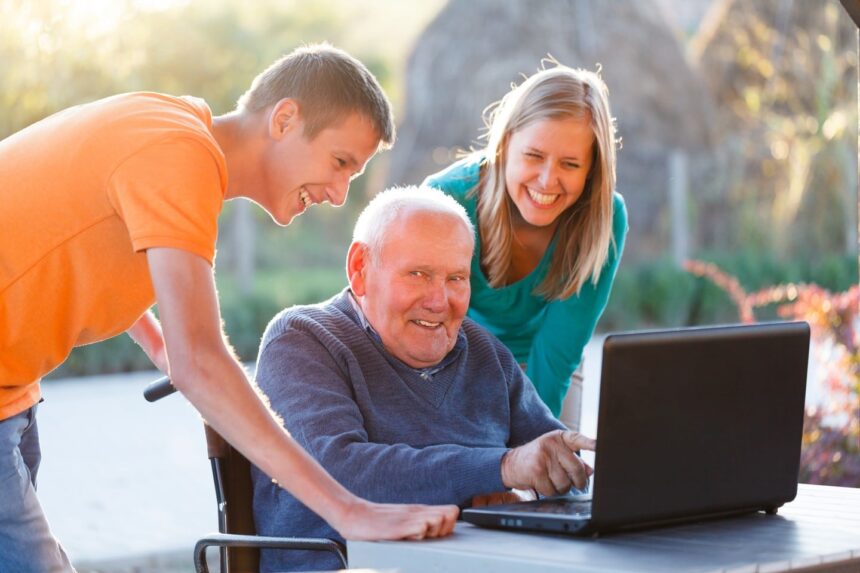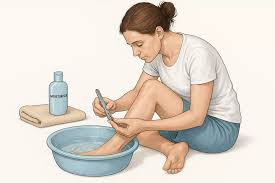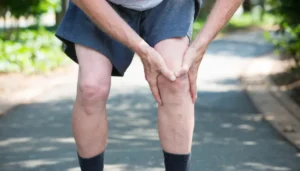Geriatrics focuses on the unique health needs of older adults, and today’s technological innovations are transforming how that care is delivered. Technology is making it easier to manage chronic conditions, enhance independence, and improve overall well-being for seniors. These advancements not only support patients but also provide valuable tools for caregivers and healthcare providers. Here’s more information on how technology is reshaping geriatrics and improving senior care:
Enhancing Health Monitoring
Remote health monitoring is one of the significant advances in elderly care. Wearable devices now track health signs, monitor heart rhythms, and detect falls automatically. These devices send real-time data to healthcare providers, allowing for immediate intervention when problems arise.
Telemedicine has revolutionized access to geriatric care. Seniors who previously faced transportation challenges can now consult with specialists from their homes. Video consultations make it easier for healthcare providers to assess patients regularly. They can also adjust treatment plans without requiring in-person visits.
Smart medication management systems help prevent dangerous drug interactions and missed doses. Automated pill dispensers remind patients when to take medications and can alert family members or caregivers if doses are skipped. These systems significantly reduce medication errors. Geriatrics continues to evolve with these innovations, delivering a higher standard of care while promoting independence.
Supporting Independence and Daily Living
Smart home technology helps seniors maintain independence while staying safe. Motion sensors can detect unusual activity patterns that may indicate a fall or health emergency. Smart thermostats, lighting systems, and security devices can be controlled through simple voice commands or smartphone apps. This makes daily tasks easier for those with mobility limitations.
Assistive technologies like voice-activated assistants help seniors with various daily activities. These devices can make phone calls, set medication reminders, provide weather updates, and even control other smart home devices. For seniors with vision problems, voice-controlled technology offers a way to access information and services independently.
Strengthening Social Connections
Social isolation affects many elderly adults, contributing to depression and cognitive decline. Video calling platforms help seniors stay connected with family and friends regardless of distance. These tools have become fundamental for maintaining relationships and mental health, especially for those in assisted living facilities or with limited mobility.
Digital platforms designed specifically for geriatrics offer opportunities for virtual social activities.. Online book clubs, exercise classes, and hobby groups help elderly adults stay engaged with communities of shared interests. These platforms often feature simplified interfaces that make participation easier for those less comfortable with technology.
Shaping the Future of Geriatrics
Artificial intelligence is beginning to play a larger role in elderly care. AI-powered systems can analyze patterns in health data to predict potential medical emergencies before they occur. These predictive capabilities could revolutionize preventive care for seniors.
Robotics technology shows promise for addressing the growing shortage of healthcare workers in geriatrics. Robot assistants can help with basic tasks like medication reminders, health sign monitoring, and companionship. While these robots will not replace human caregivers, they can supplement care and provide consistent support.
Schedule Your Geriatrics Care Visit
Technology continues to transform senior healthcare, offering new opportunities for better health outcomes and improved well-being. These innovations help address fundamental challenges in elderly care while supporting independence and dignity for aging adults. To learn more about how modern geriatric care can benefit you or your loved one, schedule an appointment with a qualified geriatrics specialist near you today.














